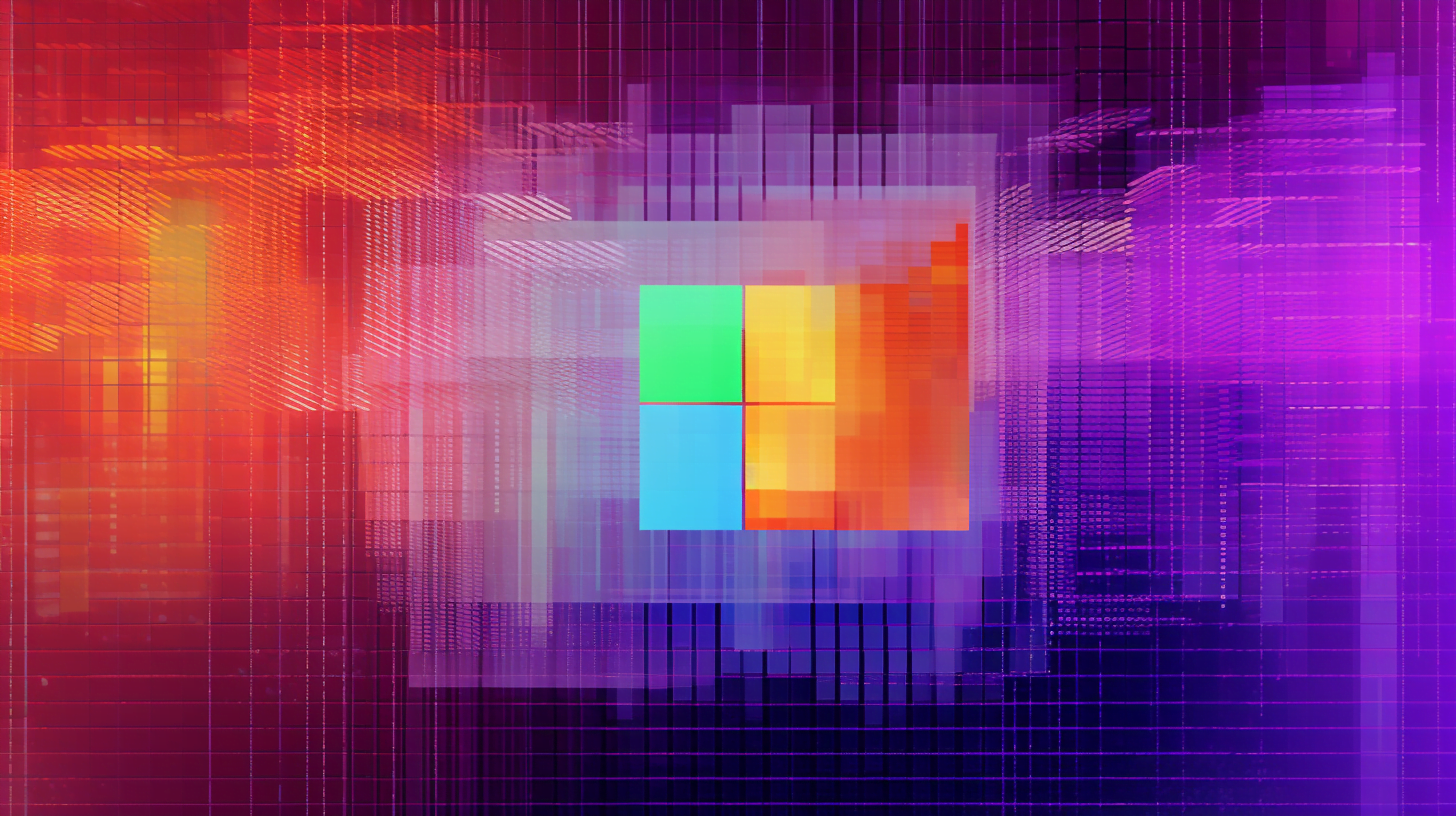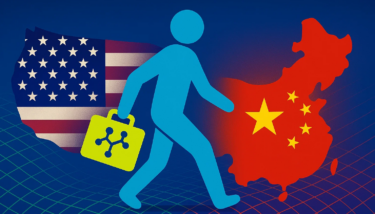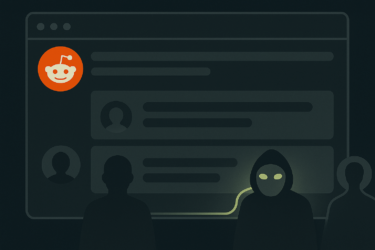Microsoft and OpenAI are both partners and competitors. This creates tension.
The partnership between the two companies is considered one of the most interesting in the technology industry and a smart move, especially for Microsoft. After all, Microsoft has managed to jump into the power center of AI almost overnight, which was dominated by Google until then.
But as the Wall Street Journal reports, citing insiders, not all is smooth sailing for OpenAI and Microsoft.
The fact that OpenAI provides or has provided its technologies to Microsoft competitors such as Salesforce and DuckDuckGo is causing trouble. In addition, Microsoft is said to have cut back on investment in its AI tech, while its teams have limited insight into OpenAI's models. Only a "select few teams inside Microsoft get access to the model’s inner workings, like its code base and model weights," the WSJ reports.
Microsoft and OpenAI are also in direct competition with Bing Chatbot and ChatGPT: both companies are using plugins and Internet access to build a new Web ecosystem. In addition, both want to sell chat services to businesses and are planning business chatbots. Microsoft and OpenAI sales teams are reportedly talking to the same customers.
Microsoft is using OpenAI's GPT models as the base language model for its Bing chatbot, while OpenAI has ChatGPT crawling the web using the Bing algorithm. In addition, OpenAI's services run in part on the Microsoft Azure cloud.
Microsoft holds a 49 percent stake in OpenAI, according to the WSJ. A larger investment would have risked antitrust scrutiny.
OpenAI warns Microsoft of Bing chatbot failures.
Microsoft was testing its Bing chatbot before OpenAI launched ChatGPT. The launch of ChatGPT reportedly caught Microsoft off guard, as OpenAI gave the company only a few weeks' notice.
Earlier this year, OpenAI warned Microsoft not to prematurely deploy the Bing chatbot with an unreleased GPT-4 without further training. The result is well known: the Bing chatbot was sometimes abusive and produced misinformation, especially in its early days.
Since Google does not outsource its search technology, some search providers rely on Microsoft's Bing technology. Microsoft is said to have used its market power as a provider of search technology to third parties and made the use of generative AI via Bing search so expensive through additional fees that it was not worthwhile for providers such as DuckDuckGo.
The company is said to have discontinued its AI product "DuckAssist" only a few weeks after its launch because of Microsoft's Bing price adjustment.





